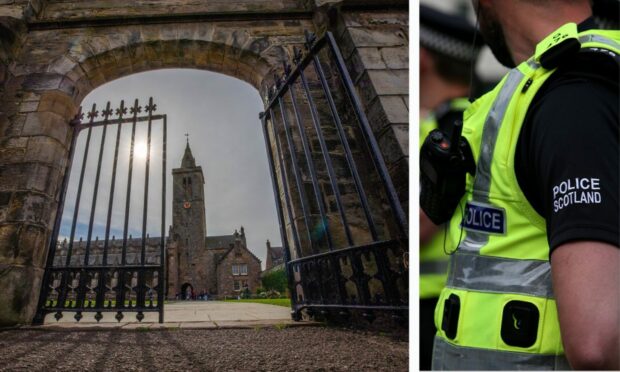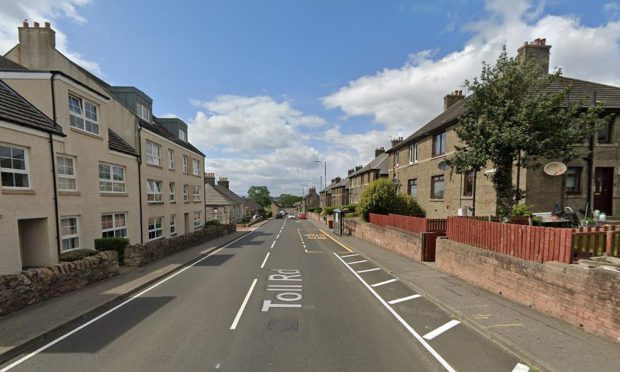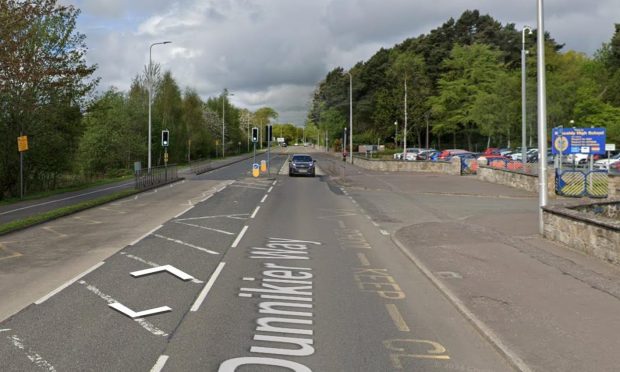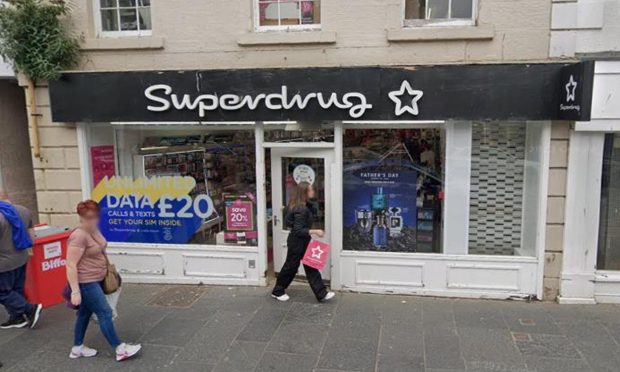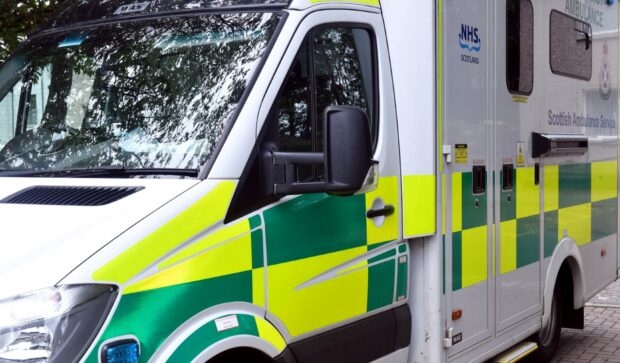Three St Andrews University students have lost a total of about £12,000 in a spate of accommodation scams.
The Courier can reveal that police are investigating separate incidents of fraud in the town, where students have been conned out of paying deposits for accommodation that did not exist.
Officers say the fraudsters are targeting students looking for flats because they know finding somewhere to stay can be a challenge for those attending universities.
It follows concerns earlier this year about a lack of available accommodation in St Andrews – which led to protests in the town.
The university says it is aware of the incidents and has issued a warning to students to be wary of requests from landlords for payments to secure properties.
Police Scotland confirmed it has had three reports of this type of fraud, worth about £12,000 in total.
Constable Larna Fox, community officer for St Andrews University, said: “We are aware of a number of recent rental frauds targeted at university students in St Andrews and sadly, in a few of these cases, people have lost money as a result.
Unscrupulous rental fraudsters often target students looking for university accommodation knowing that this is often difficult to secure
Constable Larna Fox
“In general terms these are where students looking for properties are asked to pay a fee in advance without viewing the property.
“In reality, the property either does not exist, has already been rented out or has been rented to multiple victims at the same time.
“The victim then loses the upfront fee they have paid and is not able to rent the property they thought they had secured with the payment.
“Unscrupulous rental fraudsters often target students looking for university accommodation knowing that this is often difficult to secure.
“Do not send money to anyone advertising rental properties online until you are sure they are genuine, or until you or a reliable contact, such as a family member, has had a chance to visit the property with an agent or the landlord.
“Do not feel pressurised into transferring money until you are confident the offer is genuine.
“Our inquiries into recent incidents are ongoing and I would urge anyone who may have any concerns to contact Police Scotland on 101 or contact the university for support.”
How to avoid rental scams
In an email to students, St Andrews University outlined the following advice to avoid being scammed online:
- Reliable landlords and letting agents will never ask for any money in advance to secure accommodation.
- Do your research – confirm the landlord’s details, that there is a property for rent and that the advertisement is genuine.
- Asking for an upfront payment to view or secure a property is illegal. You also cannot be charged for a deposit until a contract has been signed.
- Do not pay money to a non-UK bank, online account, or multiple different bank accounts.
- Landlords can only charge up to two months’ rent as a deposit.
St Andrews Students’ Association has also provided an online student safety guide from Police Scotland to help students avoid being conned.
